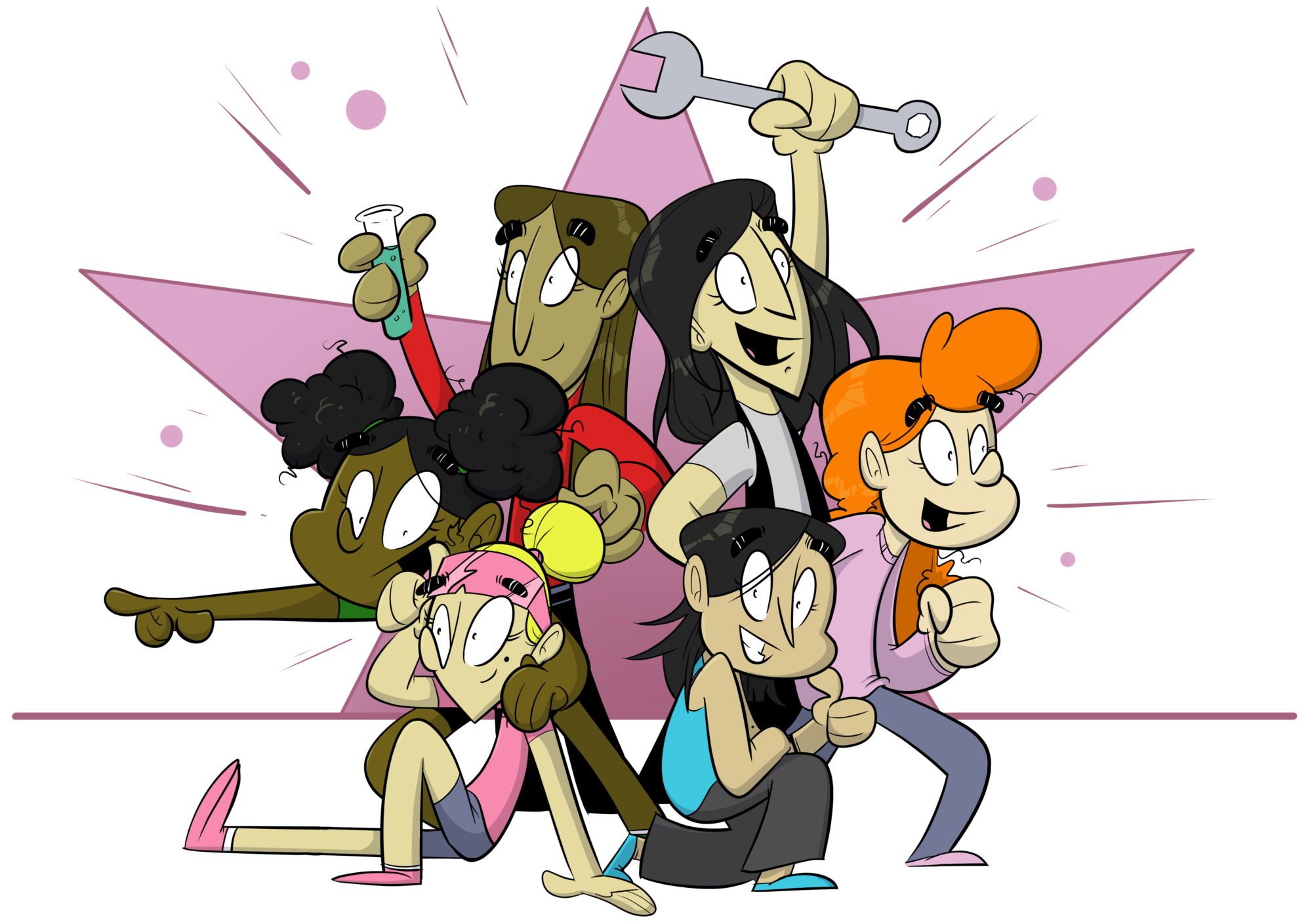I was leaving one of my offices the other day. My garage pass was validated at 7:15 AM, and after 11 hours, I was eager to drive an hour to get home. I put my ticket in the reader at the gate, and the validation didn’t take. I pushed the call button on the automated machine but after several minutes with no acknowledgement of my call for help, decided to just run my card so I could get home. The small change from my pocket to get out of the garage in as little time possible seemed more appealing than waiting for someone to assist me. I ran my card several times, but the machine kept kicking it out as unreadable. Finally, fed up with the lack of response from my call for help AND the card reader, I reversed my car, and put my card through the “lost card” machine. I was more than willing to pay an extra $1.25 if it meant setting me free from this annoyance.
Of course, right when I put my card in, I heard a voice a hollering at me. The assistance I had called for many minutes ago proceeded to explain to me all the things I already knew:
- “Yes, I know that machine is for lost cards only.”
- “Yes, I know there’s a button to call for help. In fact, I hit that button and sat there for a while, but no one showed up.”
- “Yes, I know I just paid more than I needed to, but it did not seem like anyone was responding to my request for help and I didn’t want to block the exit.”
The exchange left me irritated. I started thinking about how the dynamic of this interaction could have been very different if the employee had merely asked me what the problem was before assuming I didn’t know how to work the machine. Similar opportunities to change the dynamic of our situations occur every day.
Whether it’s at work or school, we constantly find ourselves in situations where we need to know the cause of a situation. For instance, maybe you’re checking someone’s work and discover they deviated from the plan; instead of assuming they didn’t know what they were doing, ask them why they made the choice they did. Making statements without knowing the background of a situation is one of the easiest ways to end a conversation before it starts. When you assume you know the backstory, and proceed as such, you are already negatively affecting your interaction with the other person.
Instead, simply ask, “What happened?” before you tell someone they did something wrong. Don’t just ask this question once but continue to ask it until you determine the root cause of the problem or until you fully understand where the other party was coming from. Be intuitive and thoughtful in your questions. It could go a long way towards improving not only your understanding of the situation, but the outcome, as well.
Aside from asking the question, pay attention to both your tone and the tone of the person you are speaking with. Ask yourself, “Am I questioning in a way that implies an accusation? Or am I asking in a way that portrays I truly want to solve the problem?” For this reason, I recommend you call someone to ask your questions. DO NOT ask in an email or other electronic form, where your tone and demeanor can come off as skewed. With a phone call, your tone is clear and is less likely to be misinterpreted. Calling also allows you to ask follow-up questions immediately as opposed to a back-and-forth email chain.
Additionally, if the answer to the question has more implications to the rest of the situation, try to get the answer to the question before proceeding with your assumption that the person did something wrong. For instance, if you’re working on a project with another person, and don’t understand why they didn’t include a topic that you feel should be addressed, instead of proceeding with the project as if something was wrong, address the issue head on. There may be a simple explanation that keeps you both from having to repeat the process down the road.
By simply asking questions with an unbiased tone and working through the other person’s thoughts without an implied negative connotation, you are more likely to get a positive response and a better shared outcome than if you begin a conversation with an assumption that someone messed up. By being mindful of your predispositions and the other person’s perceived reactions to you, you should both be able to leave the situation feeling, if not happy, at least with the understanding that you were heard and satisfied with the interaction.
